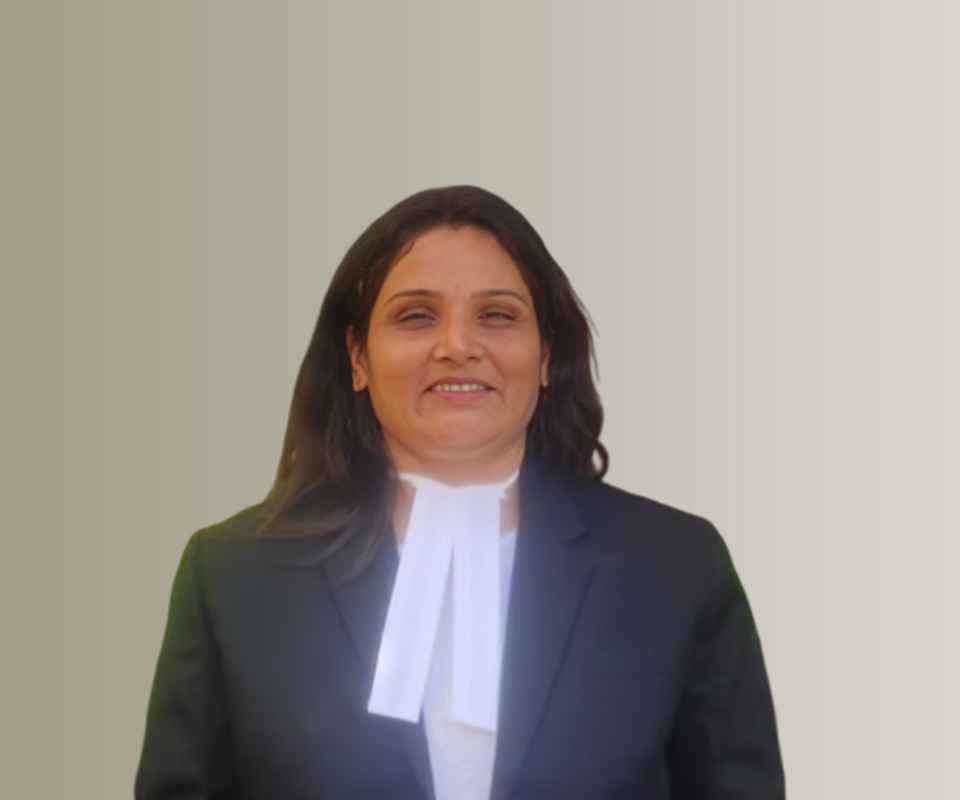Answer By law4u team
Bharatiya Nagarik Suraksha Sanhita, 2023 - Section 531: Duty of High Court to Exercise Continuous Superintendence over Courts
Every High Court shall so exercise its superintendence over the Courts of Sessions and Courts of Judicial Magistrates subordinate to it as to ensure that there is an expeditious and proper disposal of cases by the Judges and Magistrates.
Brefe Detail
This section mandates that every High Court must oversee the Courts of Sessions and Judicial Magistrates under its jurisdiction. The purpose of this supervision is to guarantee that cases are disposed of efficiently and appropriately by the judges and magistrates.
Question & Answers
Q1: What does Section 531 require from every High Court?
A1: Section 531 requires every High Court to exercise superintendence over the subordinate Courts of Sessions and Judicial Magistrates.
Q2: What is the purpose of the High Court's superintendence?
A2: The purpose is to ensure the expeditious and proper disposal of cases by Judges and Magistrates.
Q3: Which courts are under the supervision of the High Court according to this section?
A3: The Courts of Sessions and the Courts of Judicial Magistrates are under the supervision of the High Court.
Example
1. Example of Superintendence: If a Court of Sessions is facing a backlog of cases, the High Court may intervene to streamline processes and expedite hearings.
2. Example of Proper Disposal: A Judicial Magistrate who consistently delays rulings on cases could be reviewed by the High Court to ensure timely justice.
3. Example of Efficient Case Management: The High Court may implement measures to monitor case timelines and ensure that judges and magistrates adhere to judicial protocols.
Summary
Section 531 of the Bharatiya Nagarik Suraksha Sanhita, 2023, establishes the obligation of High Courts to supervise subordinate Courts of Sessions and Judicial Magistrates. This supervision aims to facilitate the timely and appropriate resolution of cases, thereby enhancing the overall efficiency of the judicial system.







